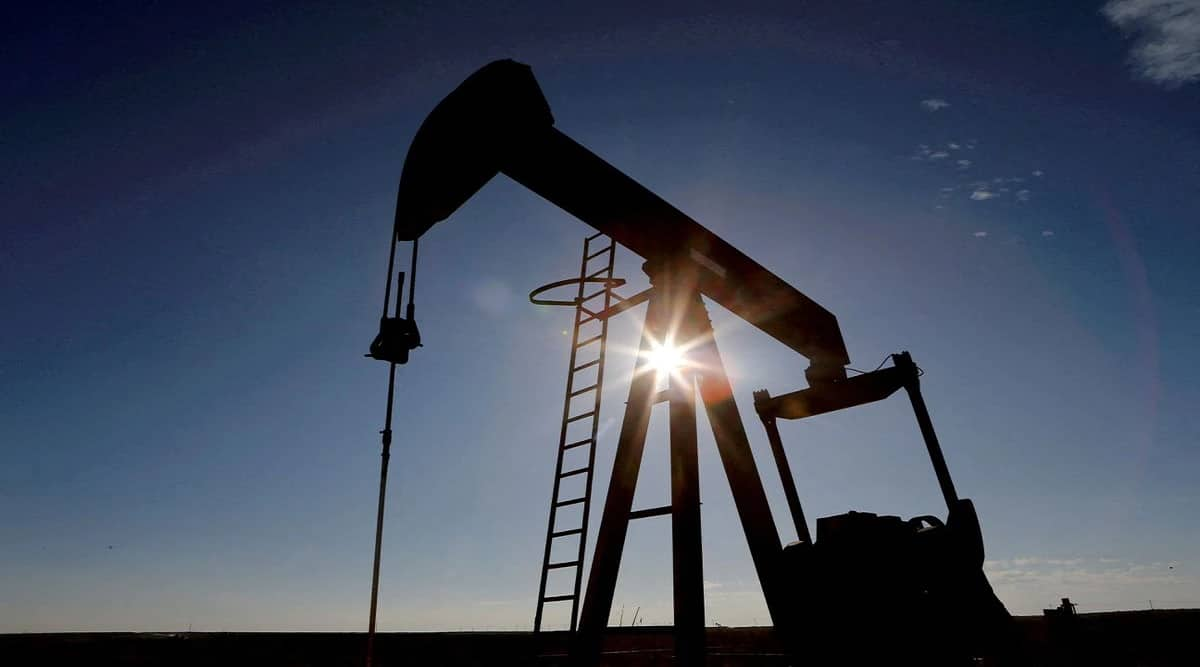By Mahavir Kaswa
Russian invasion into the soil of Ukraine pushed crude prices to a new high, which was most likely due to markets pricing in Russian supply disruptions into Europe. This acts as fuel to already hot inflation in the region. From an Indian context, the fear of the ongoing war between Russia and Ukraine can be felt in the stock market. India’s dependence on imported petroleum has indeed increased over the years. For instance, in 1998-99, net imports of petroleum products were 69% of total consumption, increasing to around 95% [1] in 2020-21.
Stock Markets Indifference
To further examine the relationship between crude oil price movement with the stock market, we looked at the correlation between crude oil and the stock market. Surprisingly, it was merely 4%, which hardly implies any relationship.
 Crude Oil Price Movement vs SENSEX
Crude Oil Price Movement vs SENSEX
We also performed a time-series study to determine when crude oil rallied and nosedived. Then, we tabulated the stock market returns during the periods identified as follows:

Historically, stock markets have generated negative returns only once in a crude bull run, which probably is an anomaly because the housing bubble (Global Financial Crisis in 2008) had burst by then. Moreover, negative stock market returns had little to do with hot crude prices. Before GFC, crude was in a secular uptrend. It had already rallied 425% from 17 Jan 2002 to 9 Jan 2008, with the stock market delivering 514% in the same period.
Similarly, a bear run in crude does not necessarily imply phenomenal outperformance or negative stock market returns. Only once in recorded history, we find the stock market generating negative returns when crude prices nosedived because it coincided with GFC yet again. In all other instances, the stock market generated positive returns in single and lower double digits, contrary to the widespread belief that a bear run in crude oil prices will stoke the stock markets higher.
Conclusion
The nature of the economy is shifting albeit glacially, and growth is more robust in the low energy-intensive sector of the economy, which insulates the Indian economy against recession. At the same time, consumers and businesses such as truck fleet owners, who have high fuel expenses, will be hit by higher costs. However, a long term investor need not worry about the crude oil cycles.
(Mahavir Kaswa is the Head of Research, Passive Funds at Motilal Oswal AMC. Views expressed are the author’s own. Please consult your financial advisor before investing)
Tags: 上海千花ORD, 上海龙凤361HV, 北京特殊按摩IP, 昆明荤桑拿哪里好2017TK